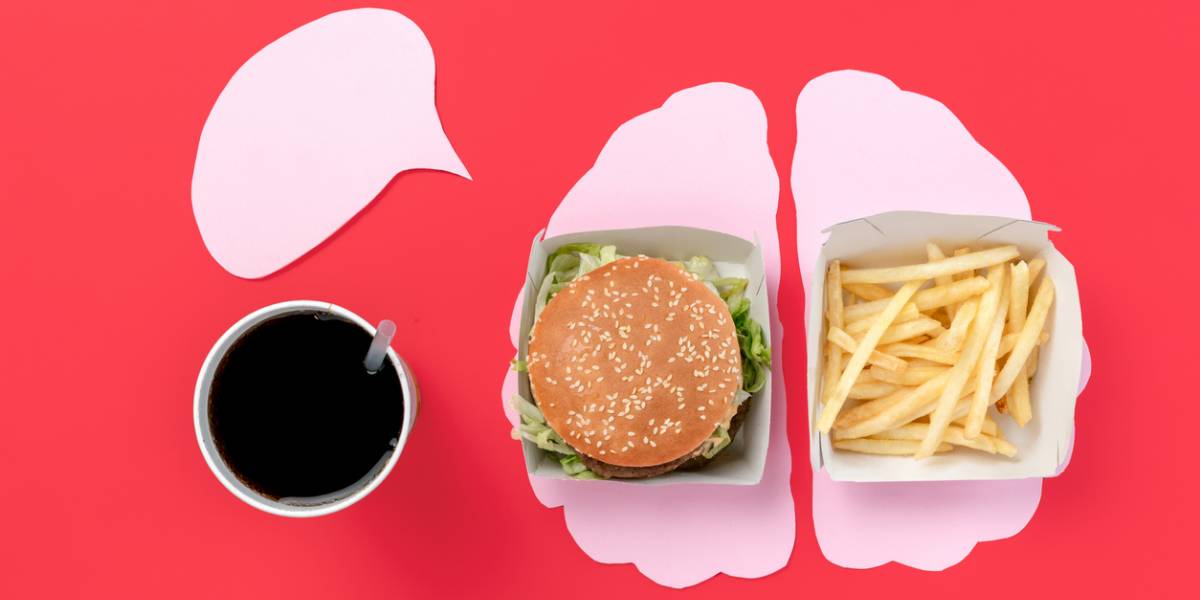An international team analysed brain scans from about 30,000 UK adults in the UK Biobank.
They compared reported intake of ultra processed foods with brain structure in regions involved in appetite and reward.
People who ate more ultra processed foods showed measurable differences in feeding related brain areas.
- Demonising all ultra-processed food oversimplifies the issue, say experts who found perception of food plays a part in overeating
- Ultra-processed foods addiction more likely than alcohol or tobacco addictions among older adults
- Cognitve decline associated with some ultra-processed foods
The links were seen even after accounting for inflammation and body fat.
The study does not prove cause and effect but adds to concerns that these foods may encourage overeating or addictive eating patterns.
Not all processed foods are the same. Many simple processed foods are helpful, such as frozen vegetables or pasteurised milk.
Ultra processed foods tend to include industrial ingredients and additives such as sweeteners, emulsifiers and flavour enhancers and often come with higher sugar, salt or refined starches.
Cutting back on ultra processed foods and choosing more whole or minimally processed options may support appetite control, weight management and overall health.
The work was published in npj Metabolic Health and Disease by researchers from the University of Helsinki and McGill University.





